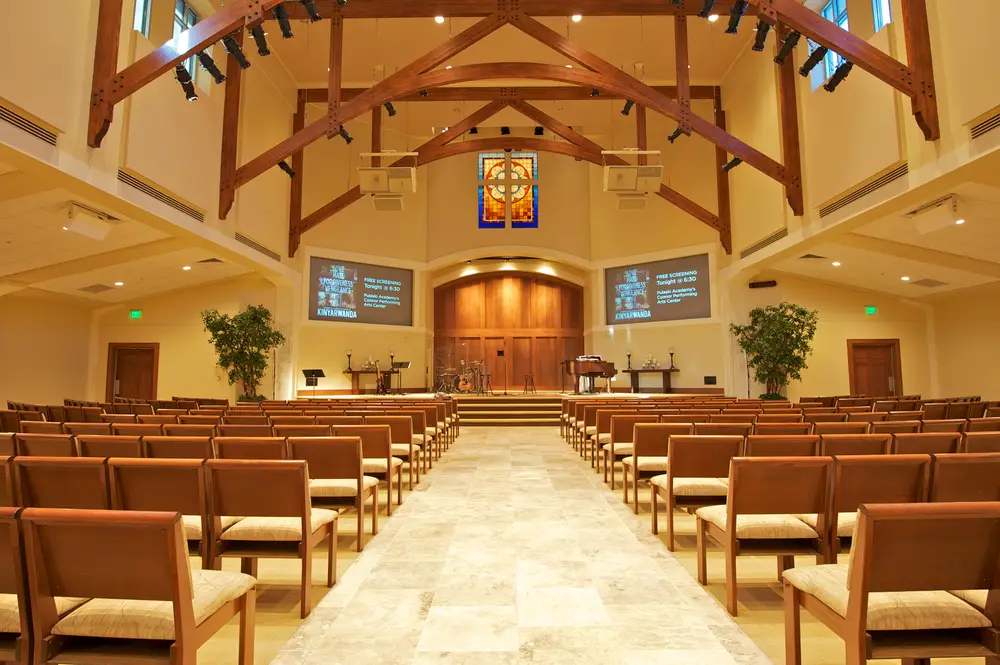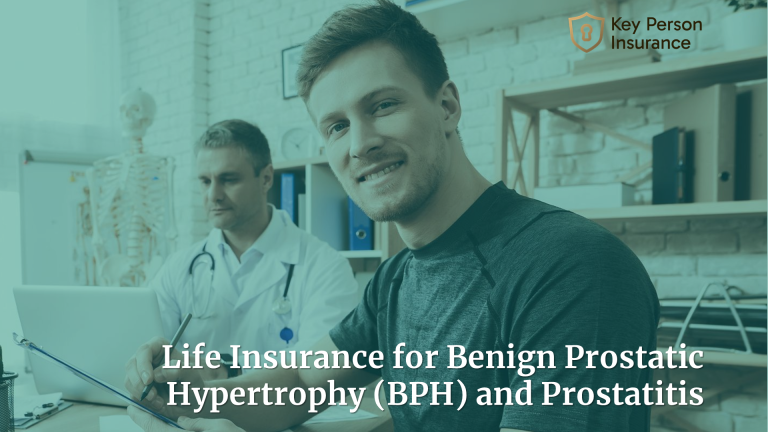Churches that are borrowing funds for building projects should strongly consider key man insurance for pastors and even their board members. In many cases, banks require a key man life insurance as a condition for any loan. Consequently, churches that have a key man policy may have an advantage with prospective lenders.
This is a real life key man insurance case that we worked at MEG Financial. The names of the Pastor and Church have been changed to protect their identities.
We routinely receive inquiries and requests on our website for key man insurance for Pastors, Ministers and Church Leaders throughout the country. In most cases, the Church is undertaking a building or expansion project and is borrowing money to finance the deal. The lender that is making the loan, normally requires the Church to secure a life insurance policy to protect the loan.
Key Takeaways of Key Man Insurance for Pastors
Key man insurance is often required by lenders when churches seek funding for building or expansion projects.
A key person insurance policy provides vital financial protection if a key employee, such as a pastor, passes away.
In the real-life case of Pastor Reynolds, a $2,000,000 term life insurance policy secured a $3.3 million loan for church expansion.
The church is typically the owner, beneficiary, and premium payer of the policy, ensuring control and financial continuity.
Key man insurance offers peace of mind by serving as collateral for business loans and helping maintain operations during leadership loss.
Recently, we received such a request from Pastor Reynolds in California. His church, Grace Methodist Church, was expanding and purchasing a summer camp facility for their youth program and were borrowing $3,300,0,000 to fund the deal. The lender, as part of the package, required that $2,000,000 of key man life insurance be purchased by Grace Methodist on the life of Pastor Reynolds.
Pastor Reynolds, age 50, was in excellent health and came to us looking to purchase a life insurance policy for $2,000,000. We reviewed his options and determined that since the loan was for 20 years that he should consider a 20-year level term policy.
We quickly identified the insurance company that was going to offer the most competitive rate and proceeded to apply for the key man policy. On the application, we named Grace Methodist Church the policy owner and beneficiary and premium payor. Pastor Reynolds completed the application and required insurance exam and the case was submitted to the insurance company for approval.
In a few short weeks, the policy was approved as applied. We were able to secure a 20-year level key man insurance policy for $2,000,000 on the life of Pastor Reynolds that allowed Grace Methodist to finalize the $3,300,000 loan and purchase the summer camp and initiate the expansion project.
If your church is obtaining a loan for a building project or expansion, key man insurance for pastors is a great way to provide collateral assurance to a bank or lender. The cost is usually inexpensive and it is relatively easy to implement.
Life Insurance Coverage
A business life insurance policy, whether structured as term life insurance or a permanent life policy like universal life insurance, provides essential insurance coverage that supports the church in the event of a key employee’s death or disability. The policy’s death benefit can be instrumental in offsetting lost income, guaranteeing business loans, or covering business expenses that would otherwise place undue burden on family members or the congregation.
When a key employee dies, the financial loss can result in lost sales, delayed business projects, and disruption of partnership interests. This is especially true for small businesses and churches where the insured person is often an essential employee whose presence ensures business continuity. A key person policy, when structured with proper disability coverage and even collateral assignment, can provide tax efficient support and a much-needed financial cushion.
Premiums paid for key person policies may not be tax deductible, but the insurance proceeds can help sustain financial institutions’ confidence, protect banking facilities, and maintain orderly operations. Determining how much coverage is needed depends on the potential monetary value lost due to the key individual’s absence. Unlike other life insurance policies, a key person insurance policy focuses directly on protecting the business owner’s financial interests and offsetting risks tied to the insured person’s untimely death.
Frequently Asked Questions about Key Man Insurance for Pastors
What is Key Man Insurance?
Key man insurance is a life insurance policy a business takes out on a vital employee whose death or disability would significantly impact the company. The business owns the policy, pays the premiums, and is the beneficiary.
What is Key Person Insurance for Pastors?
Key person insurance for pastors helps protect a church or religious organization financially in the event the pastor becomes disabled or passes away. It provides funds to support ongoing operations or the search for a successor.
Is Key Man Insurance Worth It?
Keyman insurance is often worth it for businesses that rely heavily on one or two individuals for revenue, leadership, or operations. It provides financial stability and continuity during unexpected losses.
Conclusion and Summary of Key Man Insurance for Pastors
In situations where a key employee such as a pastor holds sole financial responsibility for a church’s operations or vision, securing a key person insurance policy is more than a precaution, it’s a critical step toward protecting long-term financial viability.
Whether used to support company debts or provide tax advantages in guaranteeing loans, these policies help churches and businesses alike remain stable and focused on their mission. For any business owner or sole proprietor, especially in faith-based organizations, key person insurance ensures that even in the most difficult moments, there is a plan in place to safeguard the future. The company pays for peace of mind, backed by the claims paying ability of the insurer and the potential cash value in a permanent plan.










